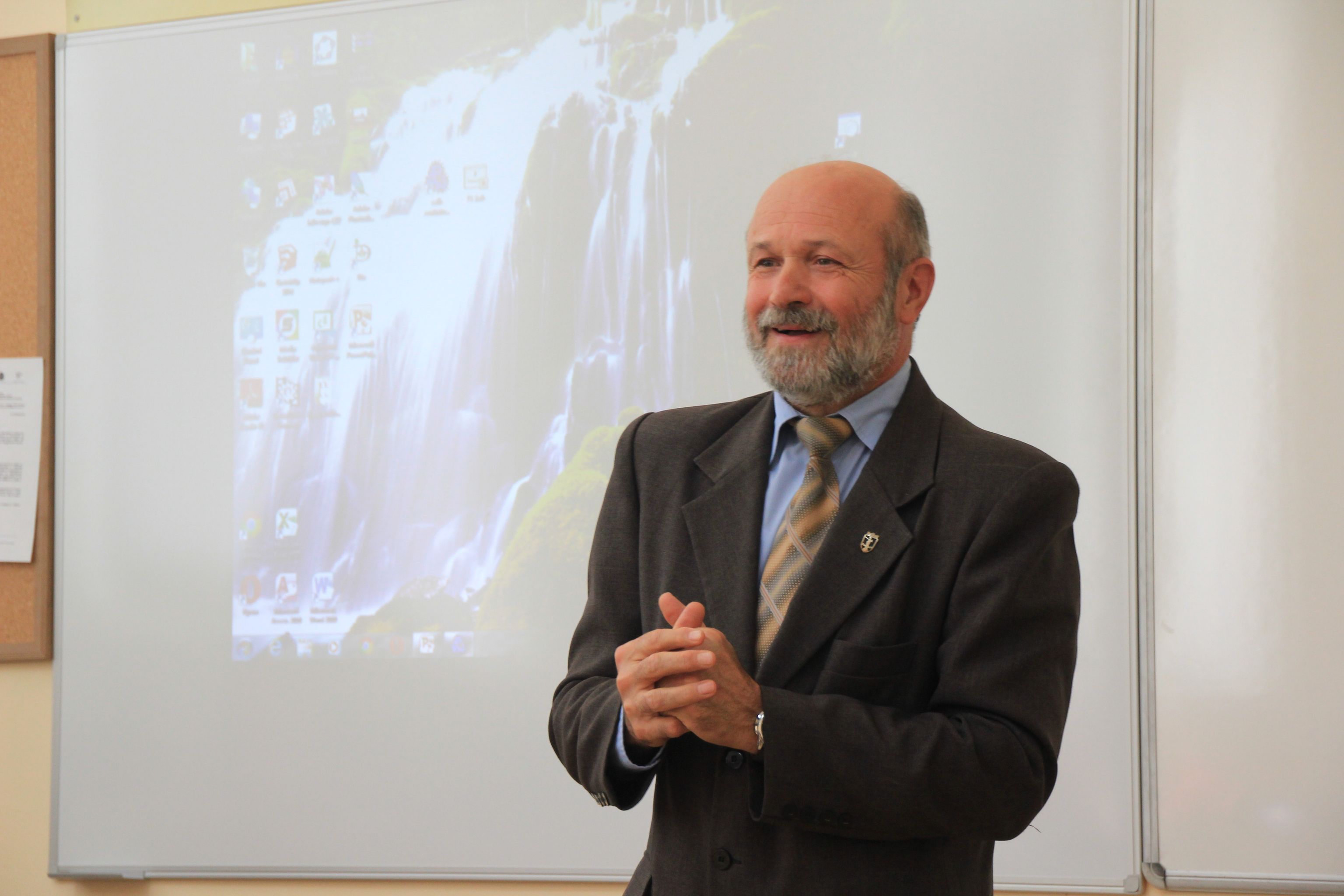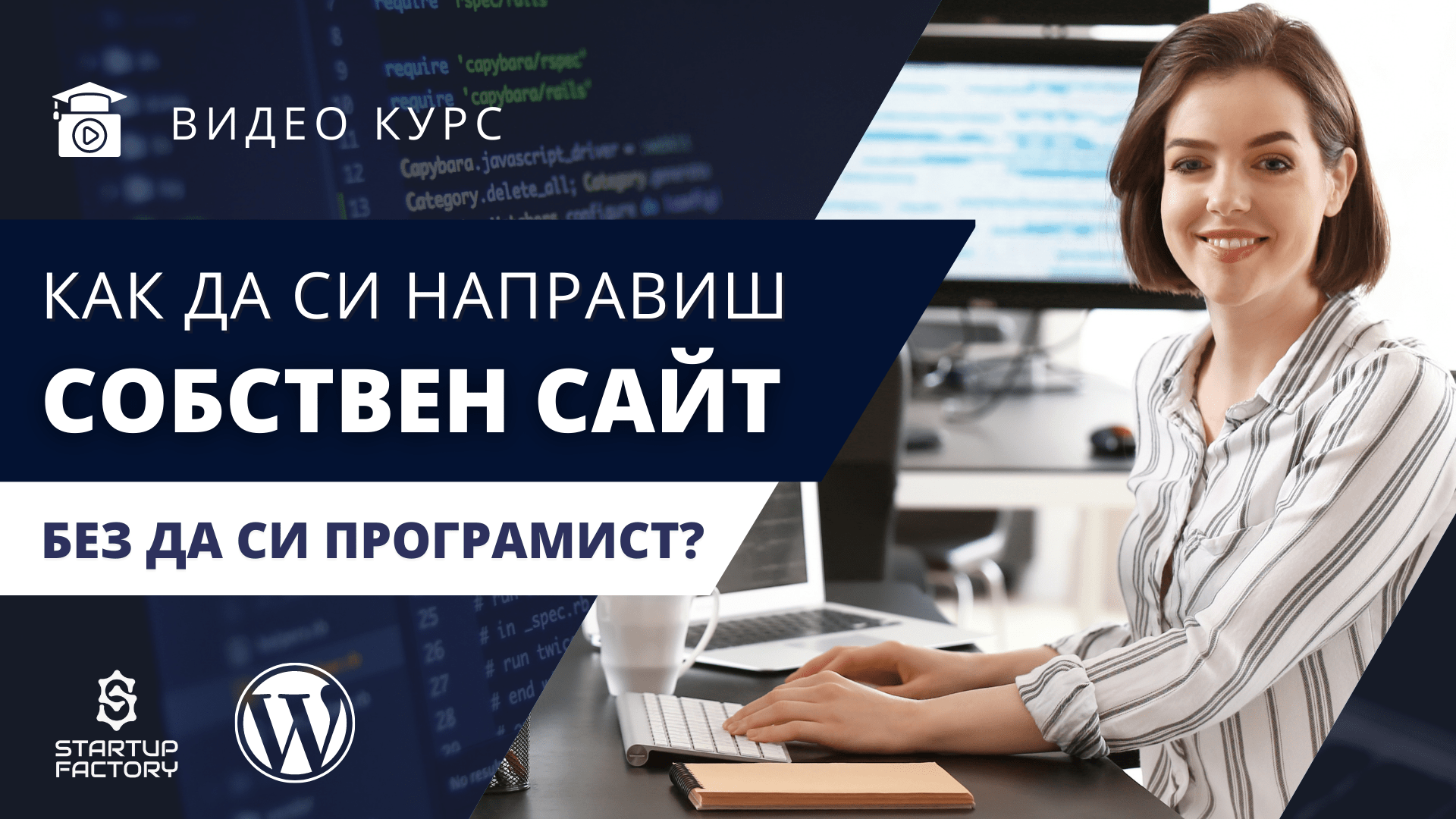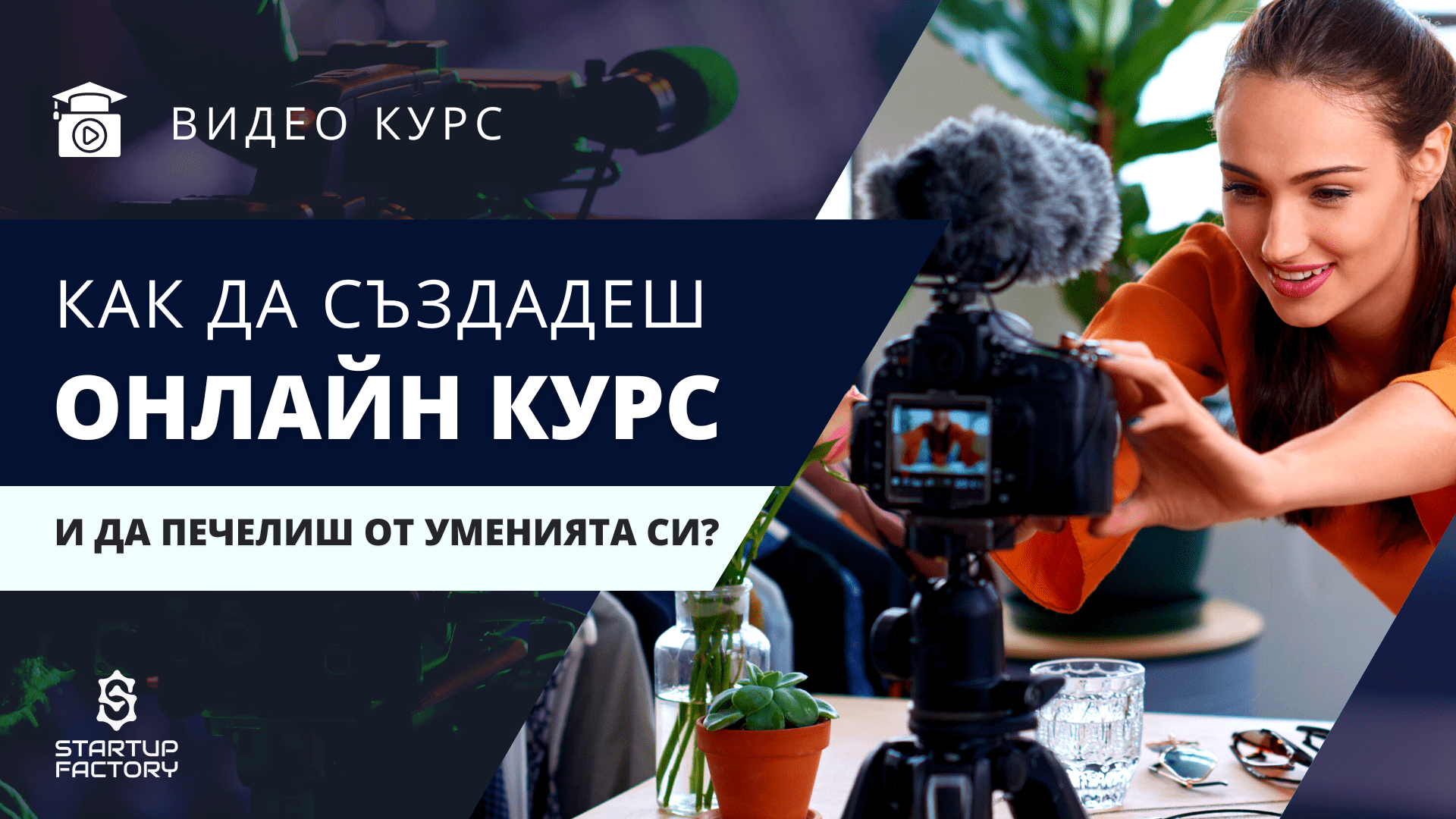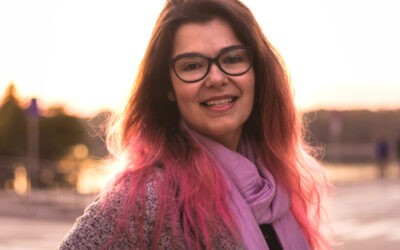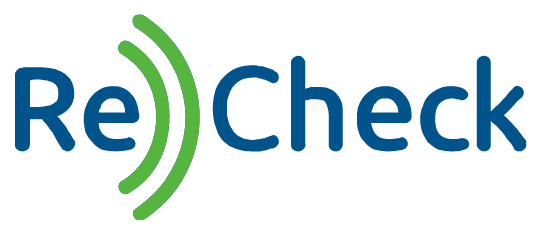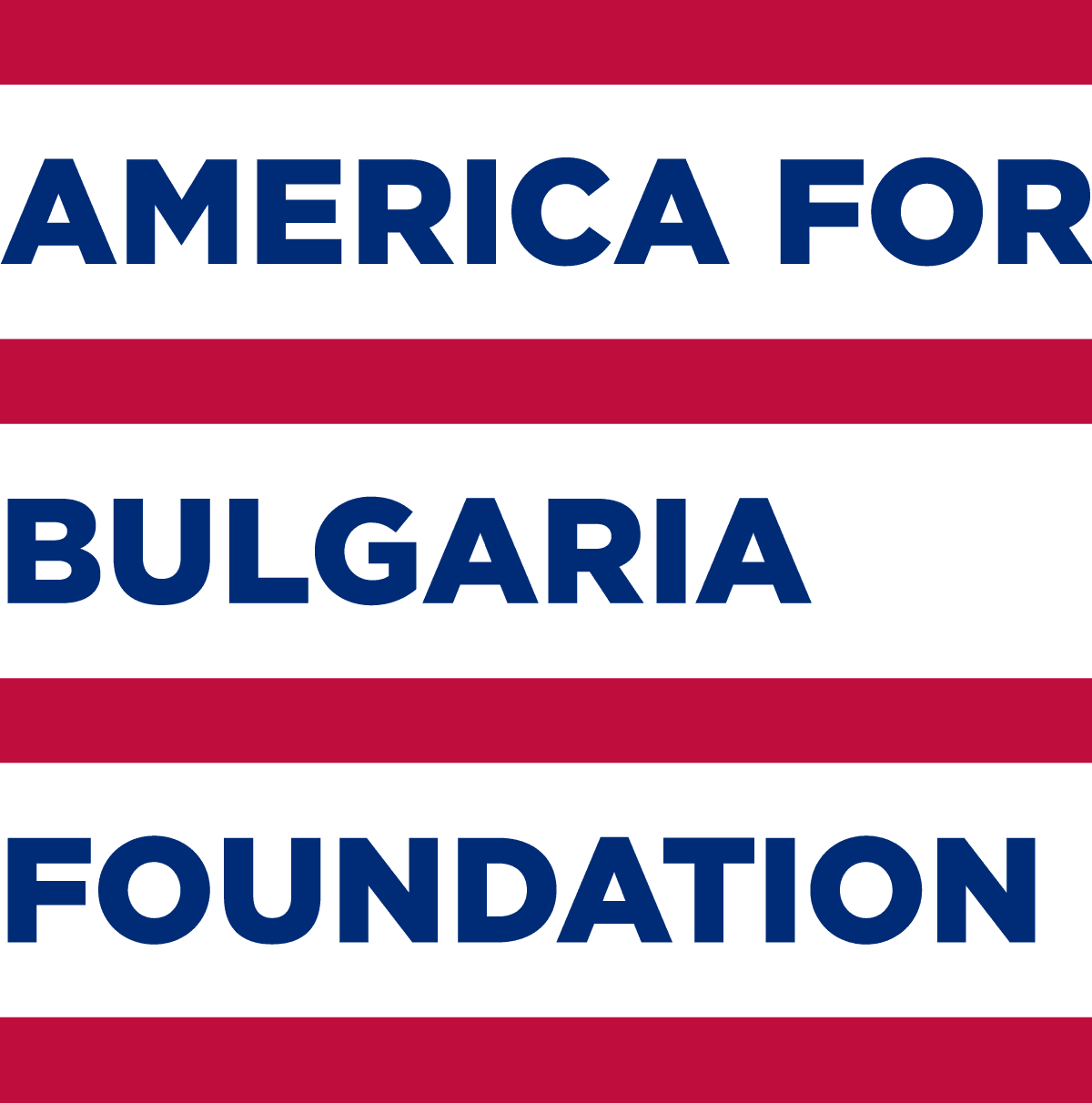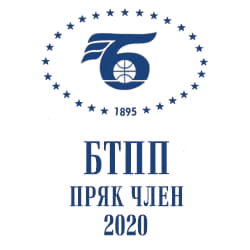Mitko Kunchev is among the most recognizable faces of the city of Ruse.
His many years of experience as a mathematics teacher and director of the “Baba Tonka” Mathematical High School make him one of the most prepared specialists with the right to speak about the problems in the “Education” sector.
But more importantly, there is also the vision of how and in what way to solve these same problems against which our entire society resents.
Therefore, it is no coincidence that the topic of our conversation is precisely education, our children’s future, the state’s role, and what we can do at the regional level.
We thank Mr. Kunchev for agreeing to discuss these touchy subjects.
He asks several questions worth thinking about and remembering that, as citizens of Bulgaria, the answers are always in our hands.
Author of the interview: Ana Todorova
Hello Mr. Kunchev, you certainly need no introduction, but could you tell us a little about yourself?
I was born in Ruse. Until the seventh grade, I studied at “Father Paisiy” Primary School and then at “Baba Tonka” Secondary School. I graduated with a degree in mathematics from the VPI Shumen, now “Episkop Konstantin Preslavski” High School, and thus continued my father’s profession, Hristo Vasilev.
I started working as a mathematics teacher at “Baba Tonka” Secondary School, and in 1988, I became the director of the High School.
I left my job on 31.12.2018. For one year, I worked as a mathematician – financial analyst in the company “X2 Fusion”.
In 1990, based on severe scientific work, I received a First Class qualification. My wife, Elena Kuncheva, was a mathematics teacher at Geo Milev AG for many years.
As a teacher, I have prepared talented students to participate in competitions and Olympiads. Today, some of them are associate professors or professors of mathematics.
I have many publications on mathematics and educational issues. All of them can be found on my site, www.kunchev.info.
In the local elections on 27.10.2019, I was elected as a municipal councilor from the list of Democratic Bulgaria – United, and on 04.04.2021 as a representative in the 45th National Assembly.
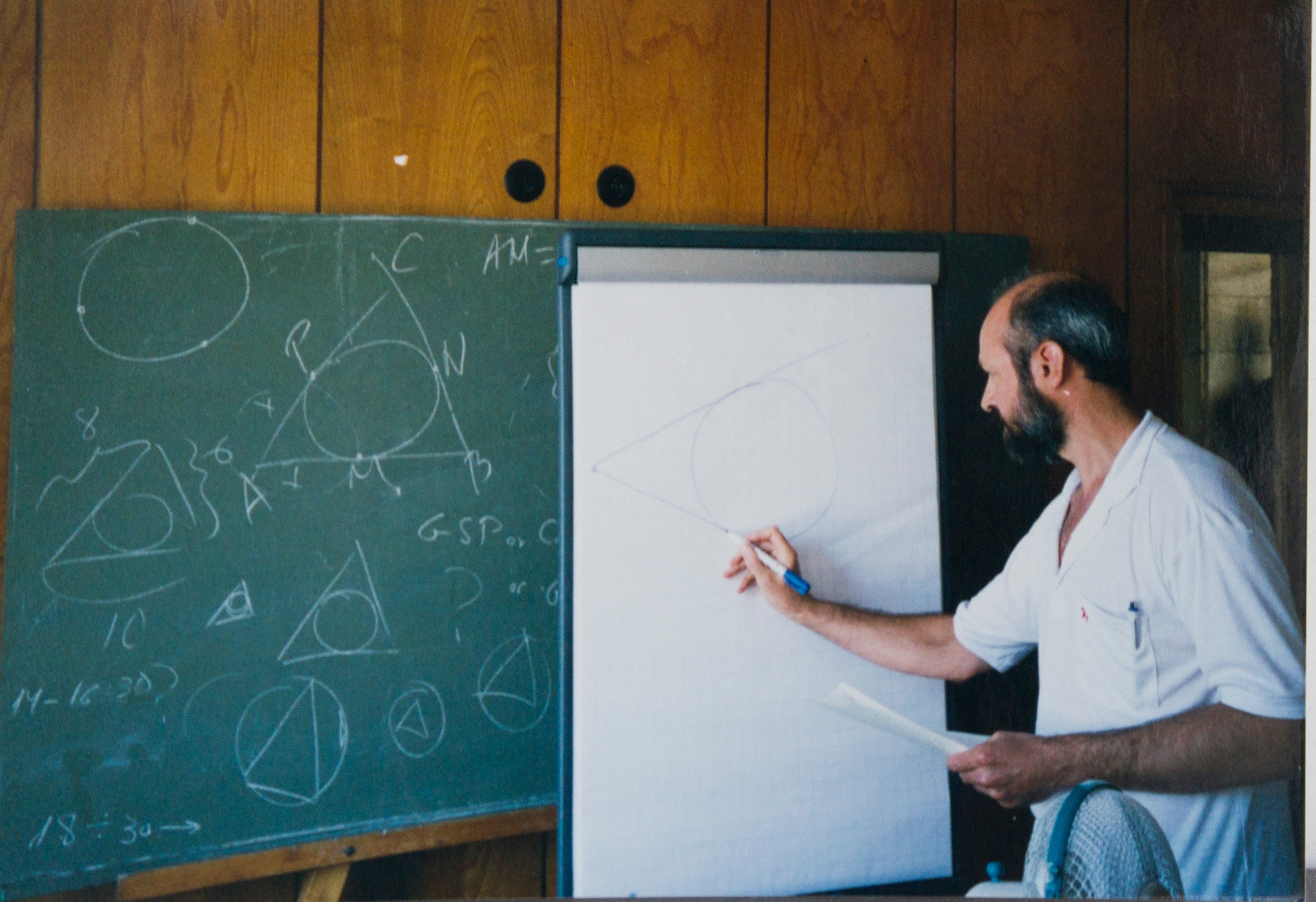
You have many years of experience as a teacher and director of “Baba Tonka” Secondary School in Ruse. I’m not going to ask if you miss your job, because I’m sure you do, but could you share what it was like to be in contact with the school and the students?
Energy and satisfaction!
I was lucky to work with outstanding students and colleagues. I have consciously prepared for each lesson so that I can be on their level and experience each lesson together.
You have numerous posts in the field of education; there are many. But which are the biggest? Who are the ones we urgently and urgently need to address?
In one sentence: the educational system is structurally and functionally the same as under communism 40 years ago – a centralized command-administrative system managed solely by the minister.
The authors of the current Preschool and School Education Act knew nothing of the principle of subsidiarity.
Consider some questions:
💡 Why does the Regional Department of Education exist?
💡Why are directors of schools appointed by competition?
💡Why are there state and municipal schools?
💡Why is there such a big difference in maintaining a student in a profiled and vocational high school?
💡Why does a centralized state adoption plan exist?
💡Why do thousands of students study in two shifts?
Can we do something regionally, or is it all up to the state?
At the regional level, activities can be undertaken to modernize the network of schools, distribute funds for schools, and bring school buildings into compliance with Ordinance 4 on the physical environment.
I’m going to ask you something that I ask everyone involved in education. Whose problem is it? Do you know who is the main culprit? Why is it that every year, children are blamed for increasing illiteracy and ignorance, as if they bear the most significant blame for the collapse of the education system?
We are now reaping the fruits of the education crisis in 1990-2010.
Teacher salaries were miserable. Colleagues were leaving.
Young people did not want to start work as teachers.
The prestige of the teaching profession has collapsed.
The state did not pay attention to this fact because the number of students was rapidly decreasing, schools were closing, and there was no hunger for teachers.
Those graduating from secondary education did not even consider studying in pedagogical faculties.
The last scream of education was the teacher’s strike of 24.09. until 02.11.2007, the longest in the history of Bulgaria.
Ten years after the strike, the state realized what had happened. It began to increase teachers’ salaries rapidly, retrain university graduates to become teachers, and declare admission to pedagogical faculties a priority and free.
Processes in education could be faster. The restoration of education in Bulgaria is somewhere in the future.
See the results of DZI on BEL from the last four years: 4.20, 4.14, 4.05, 3.93.
As for what children are like, they are always the same, and their behavior mirrors society, parents, and teachers.
Processes in education are prolonged. The restoration of education in Bulgaria is somewhere in the future.
Do you have specific suggestions and solutions for what we should do to lift our education from the bottom? The so-called Will a “digital backpack” fix things or mask and exacerbate problems?
Too many things to do.
I have formulated some questions above as problems to be solved. I just wanted to let you know that I will continue here.
Education is what the teachers are. Therefore, a key issue, apart from salary, is their qualification.
In Bulgaria, the principle who gives a diploma to a teacher is not accepted – he is responsible for his qualification, and hundreds of licensed companies need clarification on challenging money from this activity and do unclear what.
Close your eyes and imagine: a highly qualified teacher enters class smiling and in a great mood!
The Digital Backpack is a big project that is well thought out – a single environment for everything in secondary education.
The implementation will not be easy and certainly not be smooth.
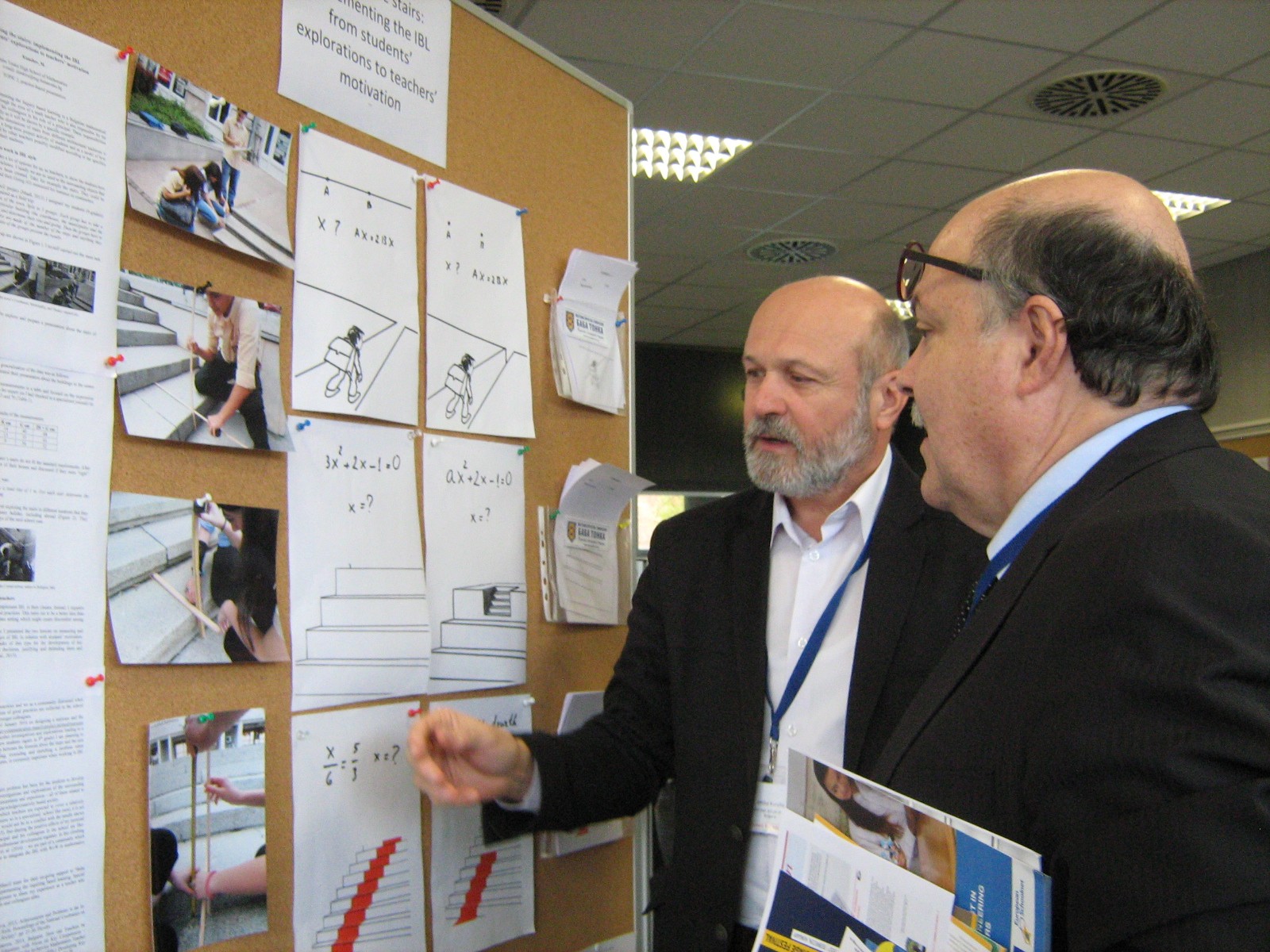
I’ve come across comments from people who claim that nothing new is really happening – there have always been children who learn and children who don’t. The problem is that now, thanks to technology and social networks, there is too much visibility of everything that happens in the education system. Is it true?
Education is a conservative system. Changes happen very slowly.
I have taught a student and her mother. The facts in math textbooks are the same now as they were a hundred years ago.
On the other hand, the development of all societal processes is dynamic.
New technologies related to computers and other digital devices create a unique learning environment.
The significant change in education is the shift from direct didactics, which can be described in one word: “Learn!” to support the development of the child’s and the student’s strengthscomputer and digital device technologieneeds to be mor through motivation, research approach, and others.
Regarding social networks and the speed of information dissemination, education still needs help with findings. Computer and digital device technology must be the right path and wander from banning to embracing mobile phones.
The future is for organizations like Startup Factory to upgrade school education. People seeking such training are usually highly motivated to succeed and realize themselves better.
Startup Factory is an association seeking to increase young and older adults’ digital and entrepreneurial culture. If our education system were up to par, organizations like ours would have no reason to exist? Or, on the contrary – is it necessary to complement and help each other?
The education system in any country consists of formal and informal structures.
MG “Baba Tonka” is part of formal education, and organizations such as Startup Factory – are part of informal education.
The global trend is an increase in the share of non-formal education at the expense of formal education.
There are reasons for this: a person will change his job several times in life. Therefore, he will also change his qualifications, and the state system cannot provide conditions for satisfying all needs.
The future is for organizations like Startup Factory to upgrade school education.
People seeking such training are usually highly motivated to succeed and realize themselves better.
Formal education is the trunk and crown of the tree, and informal education is the flowers.
Joint work always requires high culture, knowledge, and teamwork skills.
In continuation of the last question… Startup Factory collaborates with quite a few schools in Ruse; we co-organize many events with Ruse University “Angel Kanchev.” However, we must achieve that full-fledged collaboration between businesses, citizens, and the academic community. Isn’t there a need for such a partnership? Or, if there is, what needs to be done to work together in one direction and with one goal: better education for Bulgarian children?
The Bulgarian is an individualist.
Joint work always requires high culture, knowledge, and teamwork skills. It takes a lot of persistence and persistence.
The promotion of good practices and results is also essential.
UPGRADE YOUR DIGITAL AND BUSINESS SKILLS
CHECK OUT OUR ON-DEMAND COURSES AND FREE RESOURCES:
Ana Todorova prepared the interview, part of our meetings with exciting and motivating personalities.
Ana Todorova develops the organization’s digital marketing. She maintains the Startup Factory website and the video course platform she created in 2022. She writes content on various topics such as decentralized technology, green and circular economy, emotional intelligence, leadership, and more.
Similar articles
Emanuel Tonev: Words without actions are just words
Emanuel Tonev is among the active young people forming the Bulgarian marketing community. For our team, it is also a natural continuation of our collaboration with the entrepreneurial and proactive community of Varna.
Petya Boneva: AI is the perfect tool to elevate human creativity to new heights
Petya Boneva is the artistic soul of the Startup Factory team. Her delicacy, warmth, and professionalism made her our favorite teacher.
Jane from FoodObox: In order to solve a problem, we must first understand it
Jane Dimitrova co-founded the increasingly popular platform FoodObox – a digital solution to combating food waste.
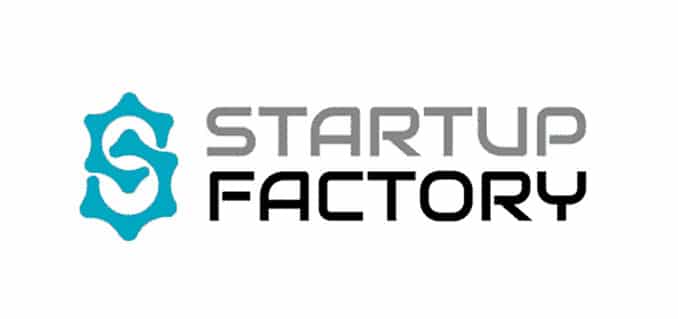
Startup Factory is a non-profit organization founded in March 2015 by a group of young entrepreneurs working in the IT sector. Startup Factory helps people develop their digital and business skills. Together, we build a supportive community. Check out our platform with on-demand video courses and valuable free resources.

